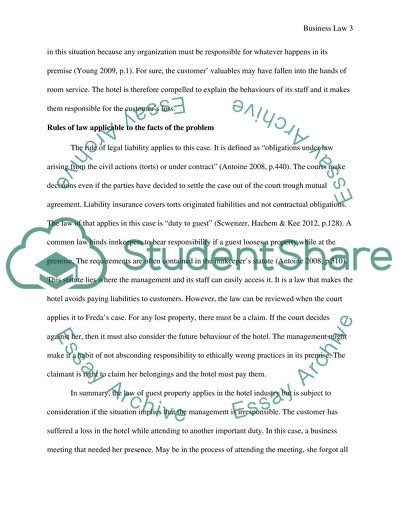Cite this document
(“Business law Assignment Example | Topics and Well Written Essays - 2000 words - 1”, n.d.)
Business law Assignment Example | Topics and Well Written Essays - 2000 words - 1. Retrieved from https://studentshare.org/law/1482086-business-law
Business law Assignment Example | Topics and Well Written Essays - 2000 words - 1. Retrieved from https://studentshare.org/law/1482086-business-law
(Business Law Assignment Example | Topics and Well Written Essays - 2000 Words - 1)
Business Law Assignment Example | Topics and Well Written Essays - 2000 Words - 1. https://studentshare.org/law/1482086-business-law.
Business Law Assignment Example | Topics and Well Written Essays - 2000 Words - 1. https://studentshare.org/law/1482086-business-law.
“Business Law Assignment Example | Topics and Well Written Essays - 2000 Words - 1”, n.d. https://studentshare.org/law/1482086-business-law.


